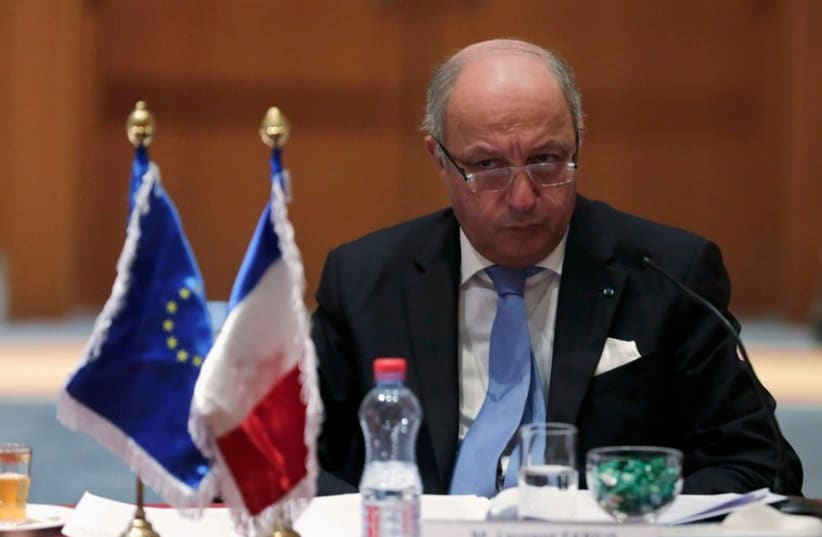What elections? Europe presses ahead on Palestine question as Israel prepares for poll
While Israel will be slammed in Geneva, matters could be much worse at the European Parliament, where a resolution will be voted on that calls for negotiations leading to a two-state solution.
